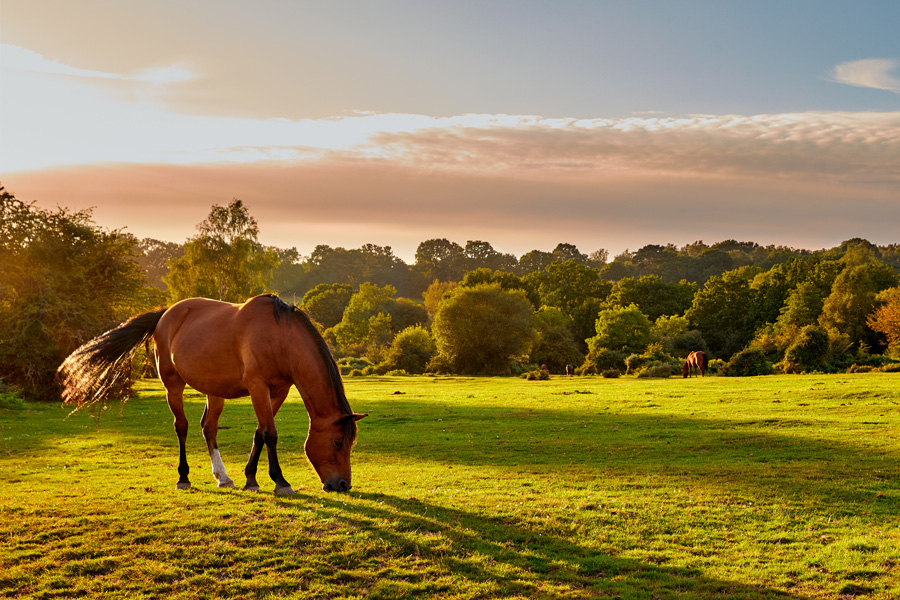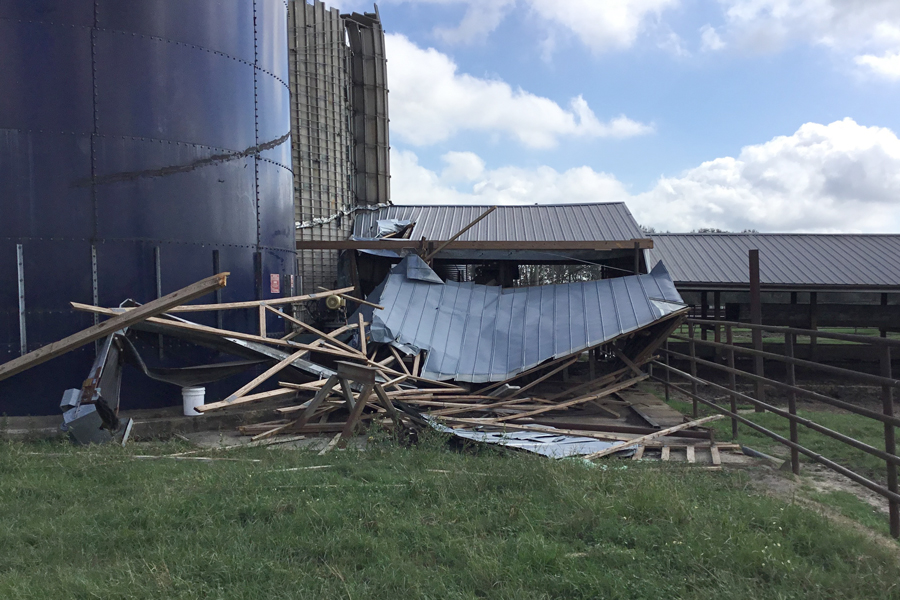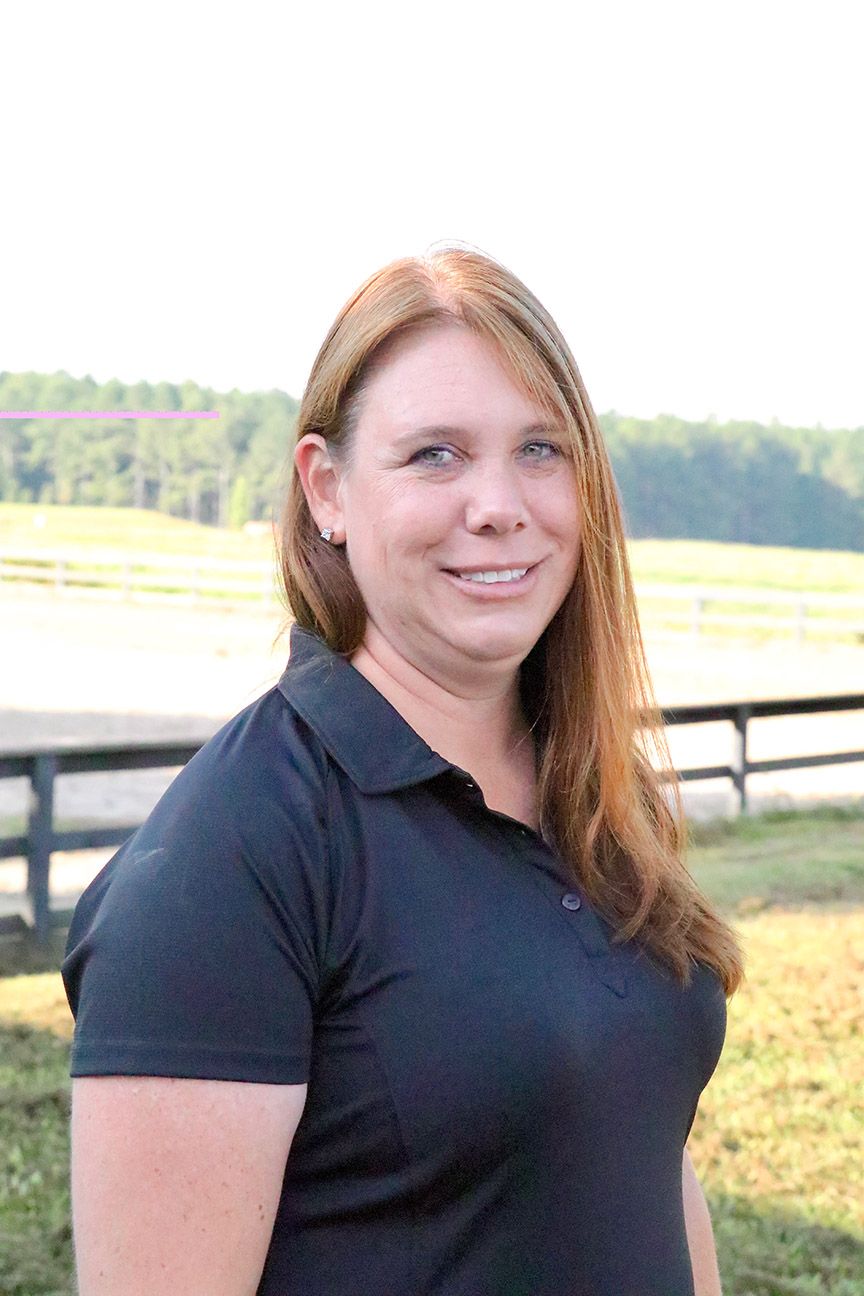Horses
The University of Georgia’s Equine Extension Program encompasses both state youth horse programs as well as continuing education for horse owners and county Extension agents. The mission of this program is to provide resources and support for youth education, county trainings and programming, and to serve as a knowledge base for questions and concerns of the industry.

Expert Resources on Horses
Visit the Blog
Horses Resources | CAES Field Report
 Horses Resources | CAES Field Report
Horses Resources | CAES Field Report
Horses Resources | CAES Field Report
Horses Resources | CAES Field Report
 Horses Resources | CAES Field Report
Horses Resources | CAES Field Report
 Horses Resources | CAES Field Report
Horses Resources | CAES Field Report
 Horses Resources | CAES Field Report
Horses Resources | CAES Field Report

Posted by Kylee Duberstein on Feb 10, 2026
Evaluating Common Equine Performance Classes

Posted by Kylee Duberstein on Jan 5, 2026
Basic Nutritional Guidelines for Equine Management
Posted by John Andrae on Jan 5, 2026
Forage Systems for Horses in Georgia

Posted by Kylee Duberstein on Aug 21, 2025
Evaluating Horse Conformation

Posted by Kylee Duberstein on Mar 12, 2025
Toxic Weeds and Trees in Horse Pastures

Posted by Jennifer Tucker, Dennis Hancock, Lawton Stewart on Oct 3, 2024
Dealing with Pasture, Hay, Feed, and Livestock Losses After Significant Weather Events



